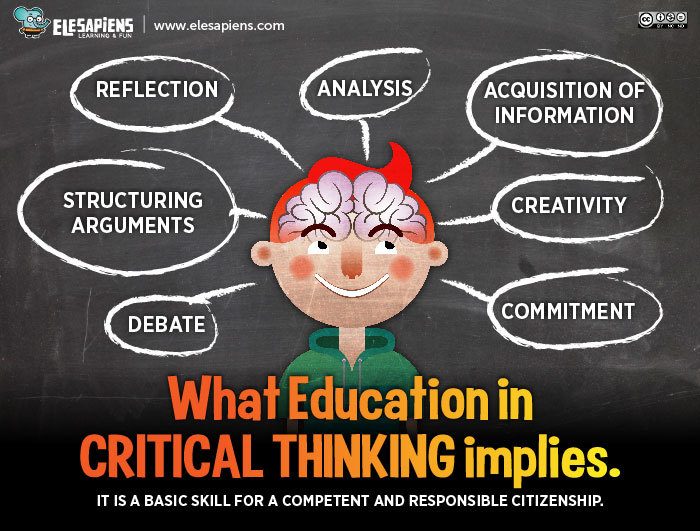Critical thinking is an essential skill that plays a crucial role in a student’s overall development. It encourages individuals to question, analyze, and evaluate information rather than accepting it at face value. In today’s rapidly changing world, where misinformation and fake news abound, critical thinking serves as a vital tool for students to navigate through the vast sea of knowledge.
At its core, critical thinking involves the ability to think independently and make informed decisions based on logical reasoning. It goes beyond memorizing facts or regurgitating information; instead, it focuses on understanding concepts deeply and applying them in various contexts. By honing this skill, students become better problem solvers, decision-makers, and communicators.
One of the key aspects of critical thinking is asking questions. Students who are encouraged to ask questions develop a curious mindset that drives their thirst for knowledge. They learn not only how to seek answers but also how to assess the validity and reliability of sources. This empowers them with the ability to differentiate between credible information and baseless claims.
Another important component of critical thinking is analyzing arguments effectively. Students learn how to identify biases or fallacies within arguments by examining evidence critically. This skill allows them to construct well-reasoned counterarguments while engaging in debates or discussions – be it in classroom settings or broader societal issues.
Moreover, critical thinking nurtures creativity by encouraging students to explore alternative perspectives and think outside the box. It fosters open-mindedness and flexibility in considering different viewpoints before forming conclusions or making judgments. This approach helps students become more empathetic towards others’ opinions while cultivating their own unique ideas.
Incorporating critical thinking into education requires creating an environment that promotes active learning rather than passive consumption of information. Alternative schooling methods often emphasize hands-on activities, project-based learning, group discussions, and real-world problem-solving scenarios – all designed to encourage students’ engagement with content critically.
Teachers play a pivotal role in fostering critical thinking skills. They need to facilitate classroom discussions, ask thought-provoking questions, and guide students in evaluating information critically. By providing a safe space for students to express their ideas without fear of judgment, teachers can cultivate an atmosphere that promotes critical thinking.
In conclusion, critical thinking is an indispensable skill that equips students with the ability to think independently, analyze information, and make informed decisions. It empowers them to navigate through the complexities of today’s world by questioning assumptions and seeking evidence-based answers. By incorporating alternative schooling methods that prioritize critical thinking, we can nurture well-rounded individuals who are capable of contributing meaningfully to society.

Leave a comment